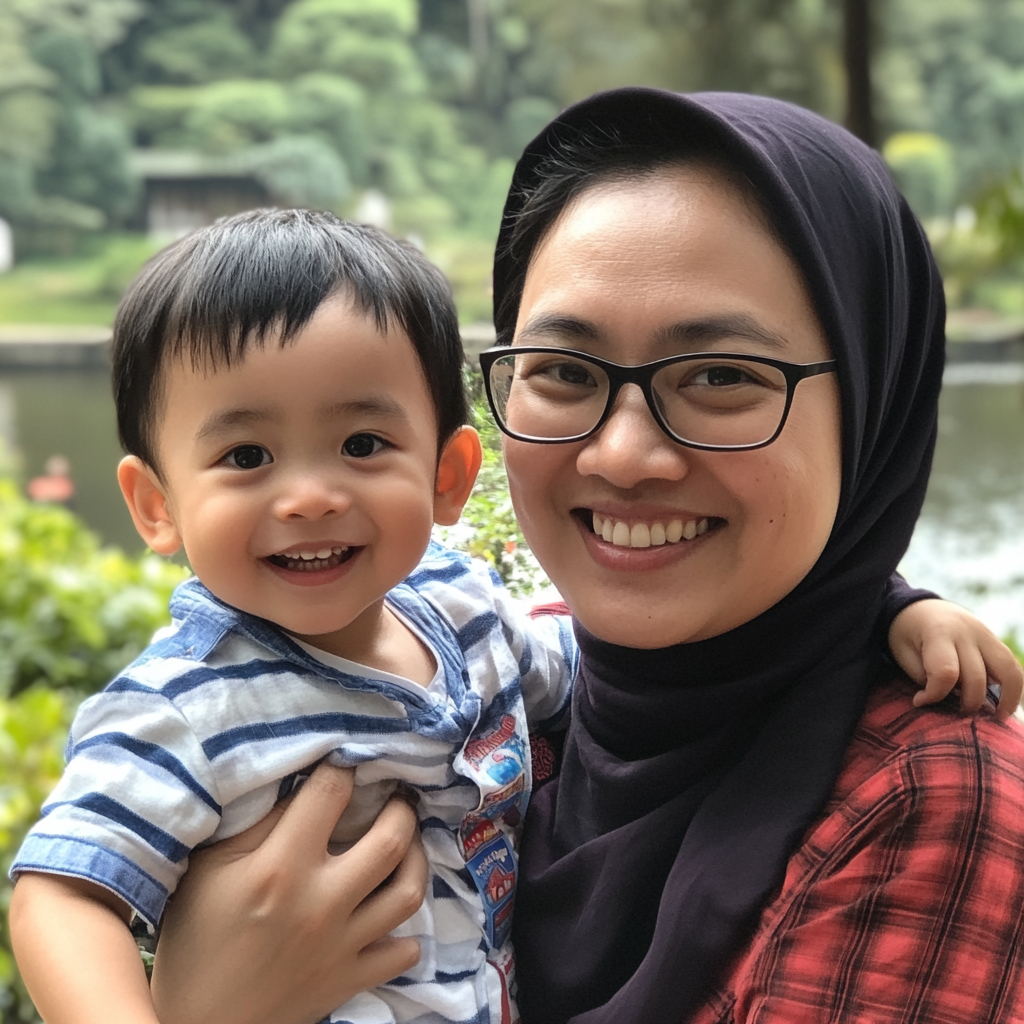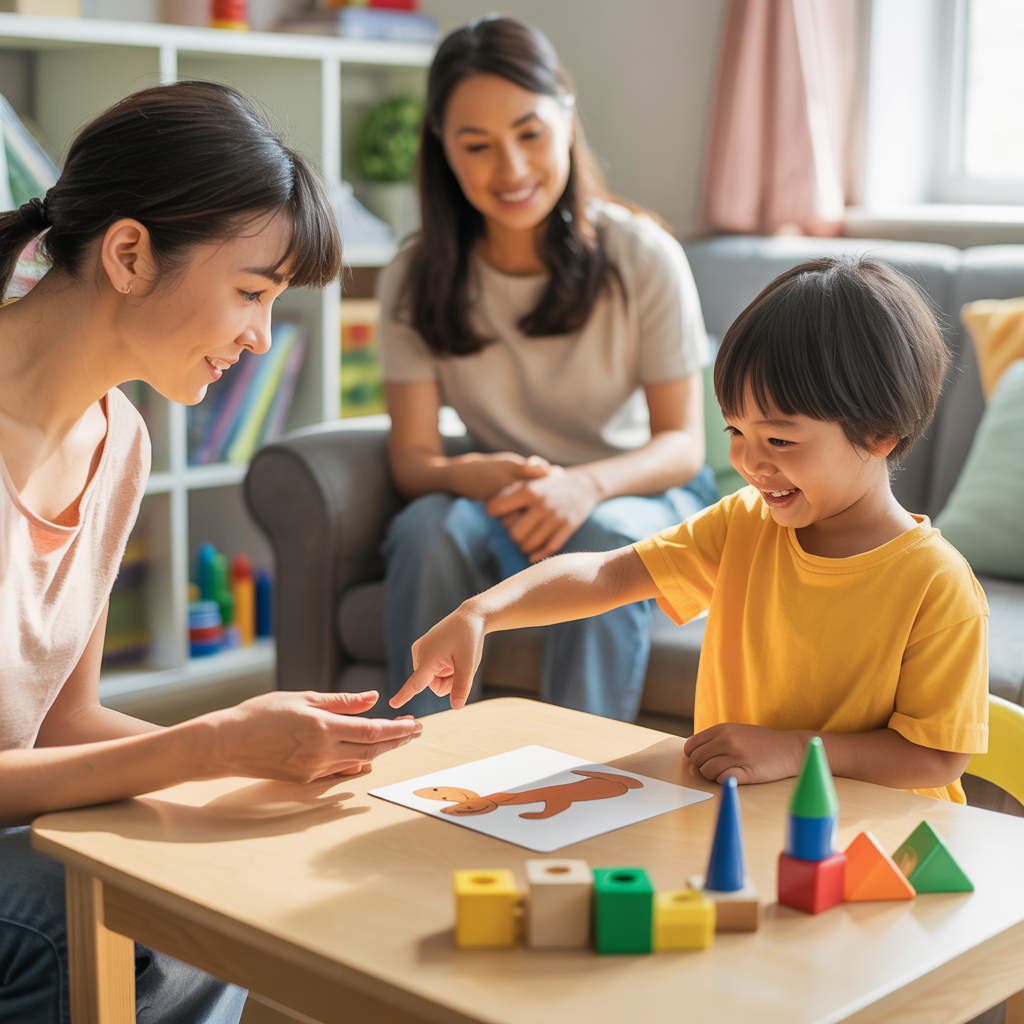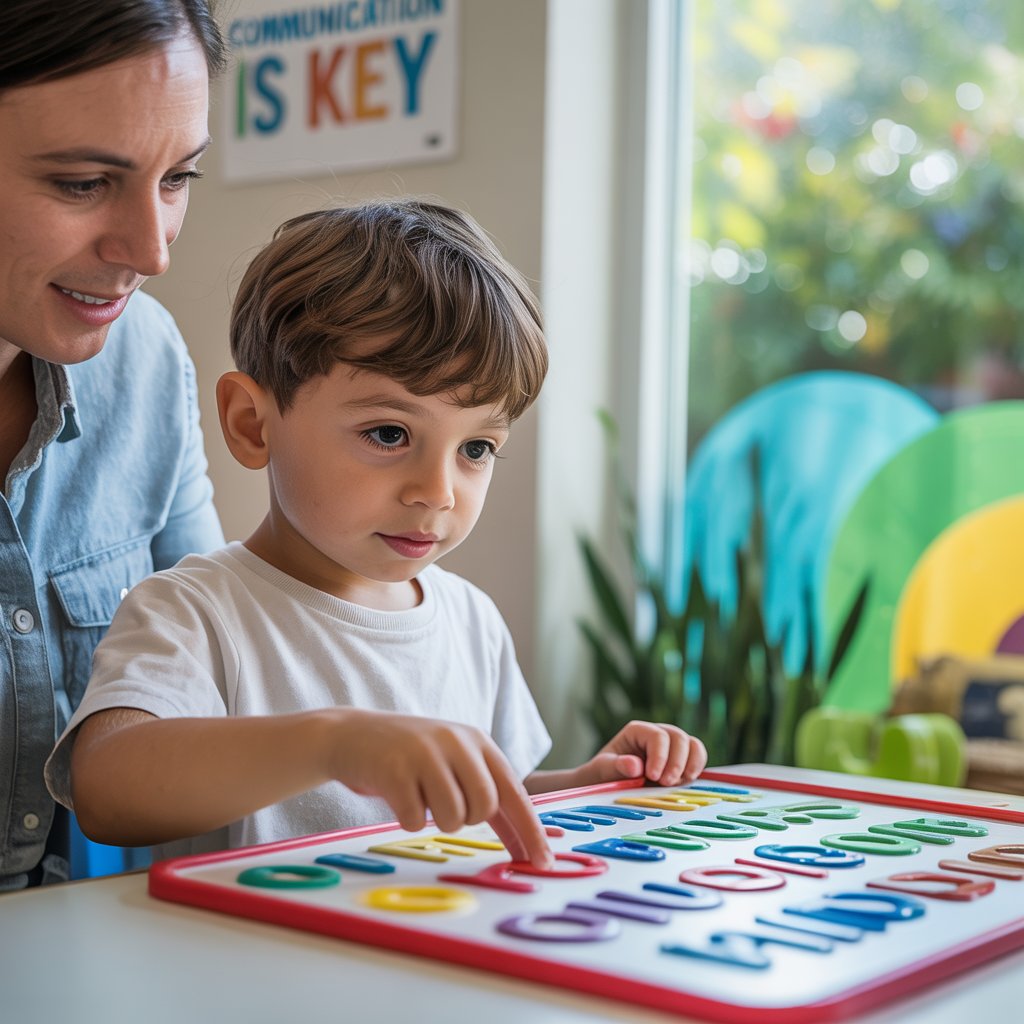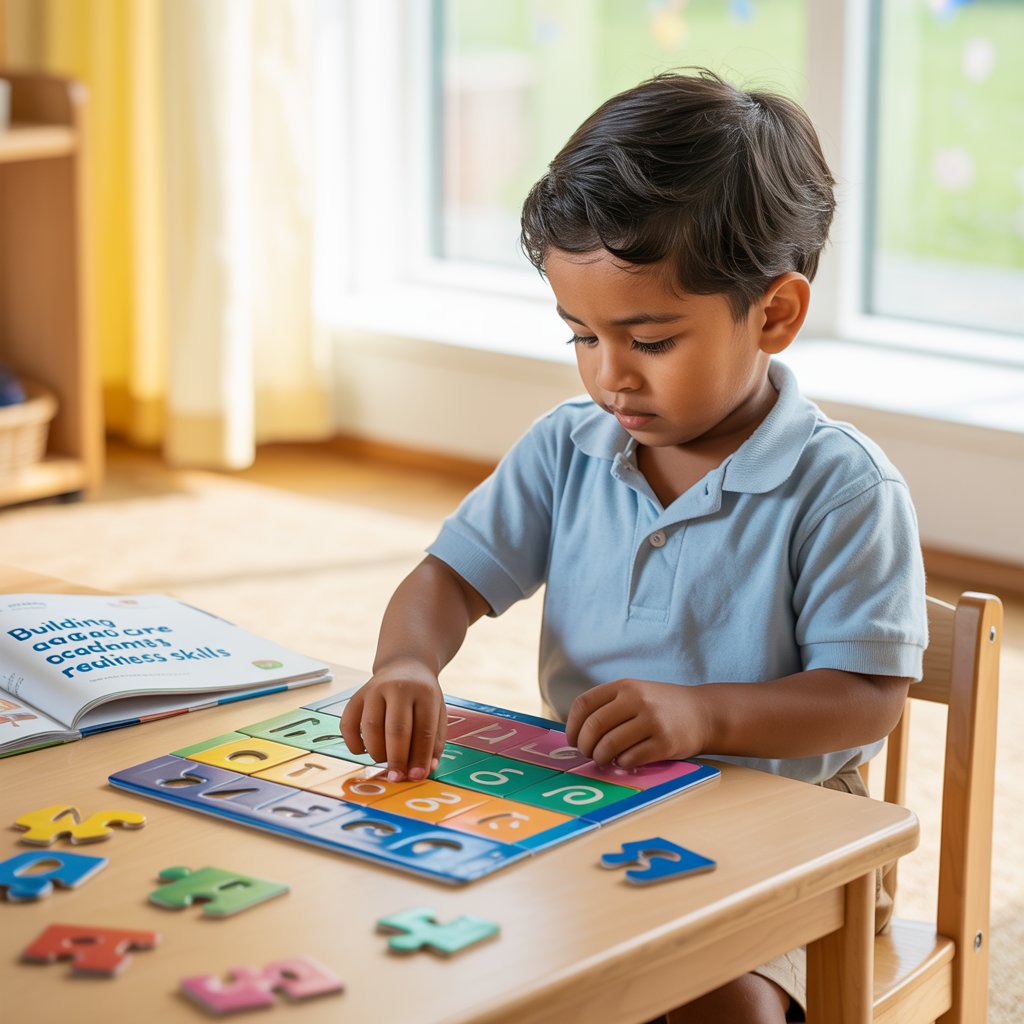Family-Centered Treatment Approaches

When your child has mild autism, learning to communicate effectively becomes a family journey. Parent training programs aren't just helpful—they're game-changers. These specialized programs teach you practical techniques to connect with your child on their terms.
Most programs focus on pivotal response training and visual supports. Parents learn to follow their child's lead, using their interests as doorways to meaningful interaction. The results speak for themselves: families report significantly improved two-way communication within just a few months.
One mom told me, "Before training, I was talking AT my son. Now we're talking WITH each other."
The beauty of these programs? They happen in real-time, in your everyday environments. You'll practice during meals, playtime, and bedtime routines—transforming ordinary moments into communication opportunities.
Popular programs include:
- The Early Start Denver Model - Blends play-based learning with communication skills
- The PLAY Project - Uses natural settings to build connection through play
- Hanen's More Than Words - Specifically designed for parents of children with autism
Sibling Support and Family Therapy Benefits
Brothers and sisters of kids with mild autism have their own unique experiences. They often develop incredible empathy and patience, but they need support too.
Family therapy creates a safe space where siblings can express their feelings—from frustration to confusion to fierce protectiveness. These sessions help the whole family develop a shared understanding and language around autism.
Siblings who participate in support groups show remarkable resilience. They learn strategies to connect with their brother or sister while maintaining their own identity and needs.
Some effective approaches include:
- Sibling-only workshops where kids can speak freely with peers
- Family art therapy that encourages non-verbal expression
- Collaborative problem-solving sessions that give everyone a voice
One teenage sister shared, "Group therapy helped me stop feeling guilty about being frustrated sometimes. Now I have tools that actually work when we hit rough patches."

Building a Strong Support Network for Long-Term Success
The autism journey isn't meant to be walked alone. Creating a robust support network dramatically improves outcomes for everyone involved.
Your network might include:
- Professional connections: therapists, educators, medical providers
- Community resources: local autism organizations, recreation programs
- Personal circles: friends, extended family, parent mentors
The strongest networks combine professional expertise with genuine emotional support. Think of it as assembling your own personal dream team.
Online communities have become invaluable, especially for families in rural areas. Facebook groups, Discord servers, and virtual meetups connect you with others who truly get it—24/7, no matter where you live.
Remember that support networks evolve. The help you need during diagnosis differs from what you'll require during school transitions or adolescence. Stay flexible and keep expanding your connections.
Self-Care Strategies for Parents and Caregivers
Caring for a child with mild autism can be intensely rewarding—and utterly exhausting. The hard truth? You can't pour from an empty cup.
Parents who prioritize self-care report less burnout, better sleep, and more patience during challenging moments. This isn't selfish—it's essential maintenance that directly benefits your child.
Effective self-care doesn't require expensive retreats or hours of free time. Small, consistent practices make the biggest difference:
- Micro-breaks: Even 5-10 minutes of solitude can reset your nervous system
- Physical movement: Walking, stretching, or dancing releases tension
- Connection rituals: Regular check-ins with friends who understand your reality
- Mindfulness moments: Brief meditation or deep breathing between activities
One dad explained, "I put on noise-canceling headphones and listen to my favorite song when things get overwhelming. Seven minutes later, I'm a different person."
The most sustainable self-care practices become part of your family culture. When your children see you taking care of yourself, they learn an invaluable lesson about boundaries and well-being.







